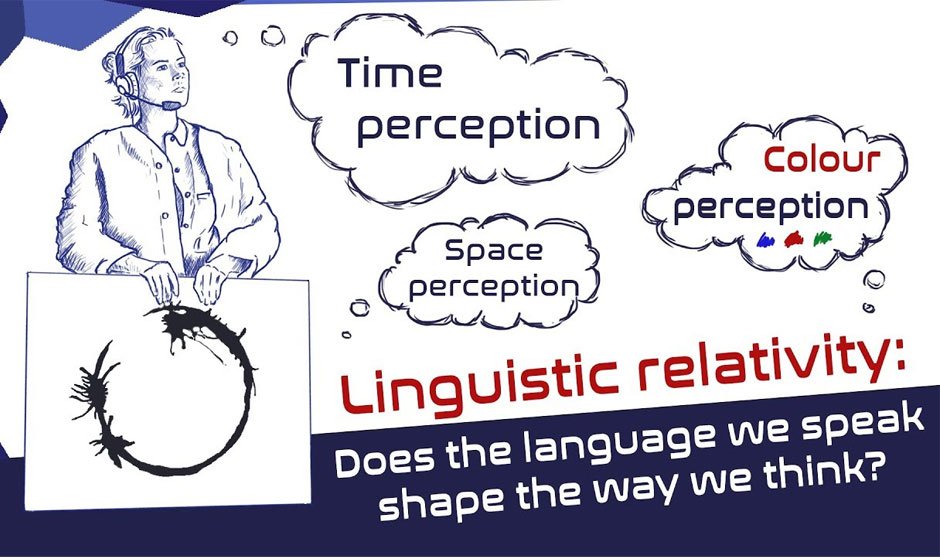Understanding the Technicality of Linguistic Relativism
The structure and vocabulary of any language in this world can tell how the speaker sees this world. Linguistic Relativism is a very deep concept with a very deep meaning and we need to be very focused to understand this concept. The purpose of this article is that we will discuss the meaning of Linguistic Relativism and some examples of it.
What Is Linguistic Relativism?
Linguistic Relativism is actually a concept. This concept states that whatever we speak and the words we choose can reveal how we see this world and what we think about this world. Our language, the way we speak, the words we choose and the tone we use while we speak tells about our perception of different things in this world. It can also reveal our personality and can help other people understand about us.

Versions Of Linguistic Relativism
There are two versions of Linguistic Relativism:
Strong Version
In Linguistic Relativism’s strong version, the concept states the people who speak different language see the world differently. This means that people speaking different languages see the world in fundamentally different ways.
Weak Version
In this version, if two people speak different languages, it doesn’t mean that their perception of the world is totally different. Their perception can have some common things and some similarities even if they speak two completely different languages such as Chinese & Russian.
Where Can You Notice Linguistic Relativism?
We can see the concept of Linguistic Relativism in different perceptions like:
1. Colors
There is a Himba tribe in which the people of the tribe perceive colors differently. They have a narrow perception for blue colors but can see shades of green perfectly.
2. Time
There is a language called “Aymara” that is spoken in Andes. In general the world thinks that the future is what is about to happen and the past is what has already happened. But in Aymara language, they think the opposite. The people speaking Aymara assume that the past means what will happen and the future means what has already happened.
3. Gender
In German, a “bridge” is feminine and it’s masculine in Spanish. Then they conducted some studies and found that most of the languages take “bridge” as a female rather than masculine. While none of them are wrong, it’s the concept of Linguistic Relativism that comes into action that differentiates the gender of a bridge.
Why Is Linguistic Relativism So Important In Our Daily Lives?
- Linguistic Relativism helps us understand people of different societies and cultures. If we take Linguistic Relativism seriously and apply it in our daily lives, we can appreciate people of other cultures.
- Linguistic Relativism can eliminate misunderstandings and as a result, people of other culture will appreciate our personality. They will appreciate our senses and level of understanding.
Conclusion
We can say that the concept of Linguistic Relativism is a very interesting one but understanding it completely will take time. If we can understand the feelings of people from other cultures, it will improve our personality and our level of understanding.

